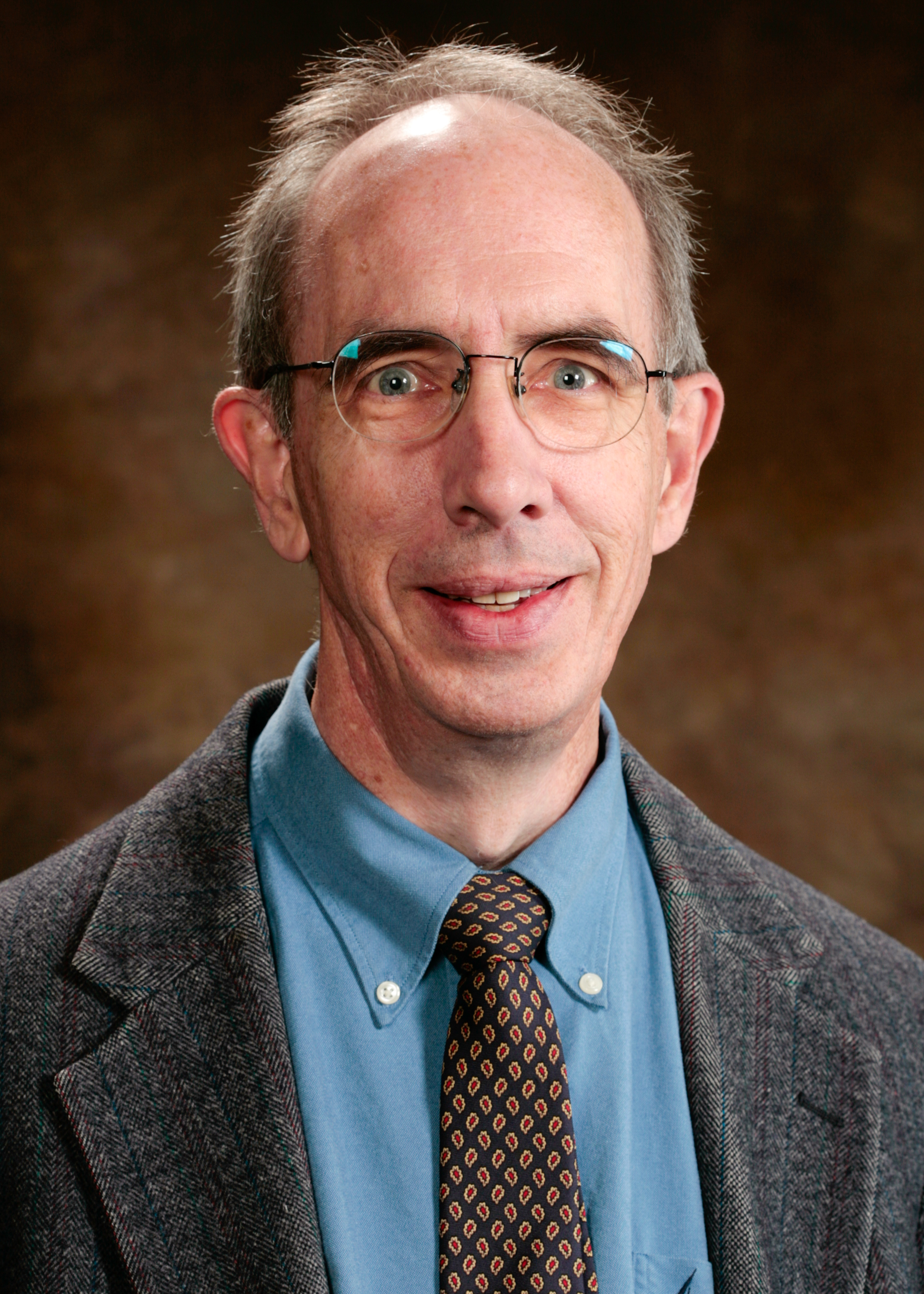University Awards Grants Through Arkansas Biosciences Institute
FAYETTEVILLE, Ark. — The University of Arkansas, with funding from the Arkansas Biosciences Institute, has awarded grants for 38 science and technology research projects for fiscal year 2014.
The institute is a partnership of scientists at five research institutions across Arkansas, including the state’s flagship university in Fayetteville, with a focus on supporting research that improves human health.
The fiscal 2014 grants at the U of A totaled $1,467,195, said Roger Koeppe II, a Distinguished Professor of chemistry and biochemistry who represents the flagship on the institute’s scientific coordinating committee.
“The Arkansas Biosciences Institute is important for promoting broadly based university research in areas such as biomedicine and biotechnology,” Koeppe said. “A review panel evaluates the initiatives based on their impact on the scientific community and potential for eventual publication.”
Institute-supported investigators explore many different body and cellular processes in their search for answers to challenging basic science- and health-related questions.
Koeppe said the institute chooses projects that are both innovative and may need preliminary results in order to compete for research funding on a national level, such as the National Institutes of Health or the National Science Foundation.
“These proposals primarily come from newer faculty who are just starting their labs but some can come from mid-career and senior faculty,” he said. “An established faculty member who has had a good research career may want to start investigating in a new area and we recognize that.”
There are two other categories the committee considers when it makes the grant: shared equipment and bridge funding, according to Koeppe.
Multiple researchers may request funding for a large piece of equipment that they will share, he said.
“The Arkansas Biosciences Institute may be able to help buy equipment that could be hard for an individual lab to purchase,” he said. “This can be across disciplines.”
Bridge funding is intended to keep a research project going if funding from other areas has lapsed.
“This will be when someone has had major grant support but maybe there’s a lapse in funding for a year or two,” he said. “In some instances, ABI funds may be able to provide help to keep them competitive on the national level.”
Ralph Henry, Distinguished Professor of biological sciences at the U of A, has used Arkansas Biosciences Institute funding to improve his research facility and support his work individually and with collaborators both on campus and at other institutions, including the University of Arkansas for Medical Sciences. In the latest round of funding, Henry received a grant to support his long-running investigation of protein purification instruments.
“These instruments, called FPLCs, are critical to the research we do for the U.S. Department of Energy to understand how photosynthetic membrane proteins are targeted and assembled to function in light capture,” Henry said. “We use the FPLCs to support protein-based biomedical studies being conducted by researchers in the University of Arkansas’ Center for Protein Structure and Function, which has been funded by the National Institutes of Health since 2001. The same FPLCs we utilize have also been critical for the NSF-funded collaboration my group has with Professor Bob Beitle in the College of Engineering.
“So I would estimate that the ABI funds, which were used to maintain the FPLCs, resulted very conservatively in a return on investment, just in federal grants alone, of greater than 40 to 1 in terms of federal dollars for each dollar spent by ABI,” said Henry, the W.M. Keck Professor in the J. William Fulbright College of Arts and Sciences.
“If you consider dollars pumped into the economy through the hiring of researchers from the federal grant dollars, the impact of ABI is quite broad in the community and the state,” he said.
The vision for the Arkansas Biosciences Institute emerged during a statewide planning process for use of the state’s share of the 1998 nationwide tobacco settlement. Health care leaders across the state spoke out in favor of dedicating a portion of the tobacco settlement funds to innovative research that could help reduce or prevent smoking-related illnesses.
Arkansas voters endorsed the proposed Tobacco Settlement Proceeds Act of 2000, and the Arkansas Legislature enacted the provisions of that proposal as Acts 1569 through 1580 of 2001.
Part of that legislation established the Arkansas Biosciences Institute as a consortium of five research institutions: the University of Arkansas at Fayetteville, the University of Arkansas System’s statewide Division of Agriculture, the University of Arkansas for Medical Sciences, Arkansas State University and Arkansas Children’s Hospital.
Contacts
Roger Koeppe II, Distinguished Professor
chemistry and biochemistry
479-575-4976,
rk2@uark.edu
Chris Branam, research communications writer/editor
University Relations
479-575-4737,
cwbranam@uark.edu
Headlines
Honors College to Host Pulse Discussion Around Baltimore Bridge Accident
The Honors College will present a panel of faculty with expertise on engineering, labor history and supply chain to discuss the impact of the accident at 3:30 p.m. Wednesday, April 24, in Gearhart Hall, room 258.
Entrepreneurial Path Follows Tradition and Family Legacy
When Blanca Ruiz made a pivotal career decision to pursue a newfound passion rooted in a family legacy, she took advantage of training through the U of A Small Business Center.
'Peace' Sculpture by Native American Artist Dedicated at Adohi Hall
The 33-inch high bronze sculpture, created by Native American artist Retha Walden Gambaro in 1997, features a dove in two hands and titled simply "Peace," was donated by Richard Anderson and John Berry.
Cyber Careers with University SFS Alum Calvin Franz on April 25th
Alumnus Calvin Franz will be joining the CyberHogs RSO to talk about what it's like post-graduation as a cybersecurity developer in the public sector at 5 p.m. Thursday, April 25, at J.B. Hunt Center room 0216.
Take a Study Break in Mullins Library
As finals approach, the University Libraries have teamed up with partners across campus to offer study breaks in the east lobby of Mullins Library that are free and open to all U of A students.





